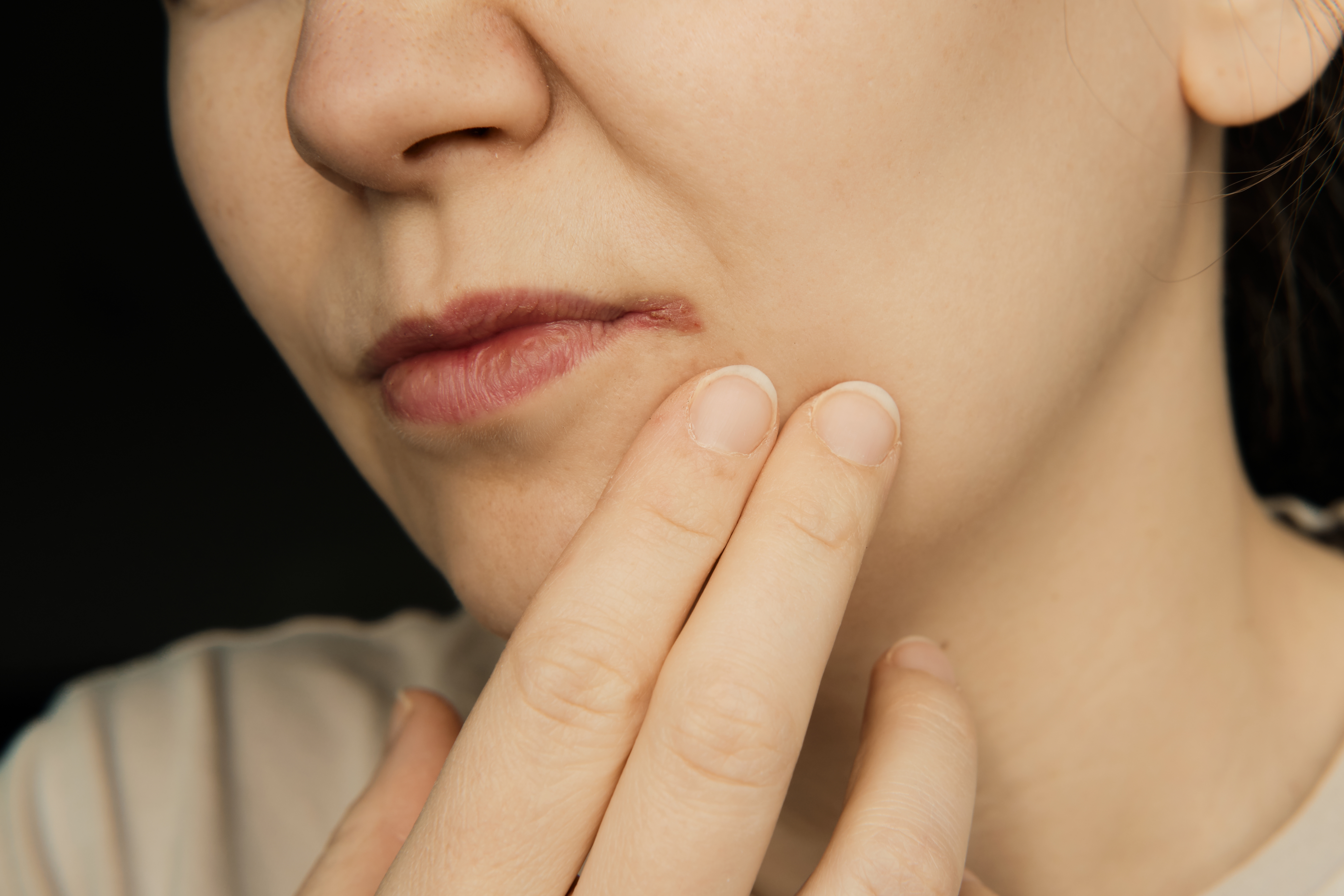12 Strange Symptoms That Might Mean You Have a Vitamin Deficiency
3. Frequent Infections: The Immune System Alert

Frequent infections are a sign that the immune system may be compromised, often due to vitamin deficiencies. Vitamins A, C, and D are essential for maintaining a strong immune response. A deficiency in these vitamins can weaken the immune system, making individuals more susceptible to infections such as colds, flu, and other illnesses. Vitamin A is crucial for maintaining the integrity of mucosal surfaces, which act as barriers against pathogens. A deficiency in vitamin A can lead to increased susceptibility to respiratory and gastrointestinal infections. Vitamin C is a powerful antioxidant that supports immune function by promoting the production of white blood cells. A deficiency in vitamin C can result in impaired immune response and increased risk of infections. Vitamin D is also vital for immune health, as it modulates the immune response and enhances the body's ability to fight off pathogens. To strengthen the immune system and reduce the frequency of infections, it is important to ensure adequate intake of these vitamins. Foods rich in vitamin A include carrots, sweet potatoes, and spinach, while vitamin C can be found in citrus fruits, strawberries, and bell peppers. Vitamin D can be obtained from sun exposure, fatty fish, and fortified foods. By addressing these deficiencies, individuals can enhance their immune function and reduce the risk of frequent infections.
4. Cracks at the Corners of the Mouth: The Angular Cheilitis Connection

Cracks at the corners of the mouth, known as angular cheilitis, can be a painful and persistent condition often linked to vitamin deficiencies. Vitamins B2 (riboflavin), B3 (niacin), B6, and iron are essential for maintaining healthy skin and mucous membranes. A deficiency in these vitamins can lead to inflammation and cracking at the corners of the mouth. Riboflavin is vital for energy production and the maintenance of healthy skin. A deficiency in riboflavin can cause angular cheilitis, as well as other skin issues such as dermatitis. Niacin is essential for DNA repair and cell signaling, and its deficiency can result in skin inflammation and lesions. Vitamin B6 is important for protein metabolism and the synthesis of neurotransmitters, and its deficiency can lead to angular cheilitis and other skin conditions. Iron deficiency can also contribute to this condition by impairing the body's ability to repair and maintain healthy skin. To address angular cheilitis, it is important to ensure adequate intake of these vitamins through diet and supplementation if necessary. Foods rich in riboflavin include dairy products, eggs, and almonds, while niacin can be found in poultry, fish, and peanuts. Vitamin B6 is abundant in bananas, chickpeas, and potatoes, and iron-rich foods include red meat, lentils, and spinach. By addressing these deficiencies, individuals can promote healthy skin and prevent the recurrence of angular cheilitis.
